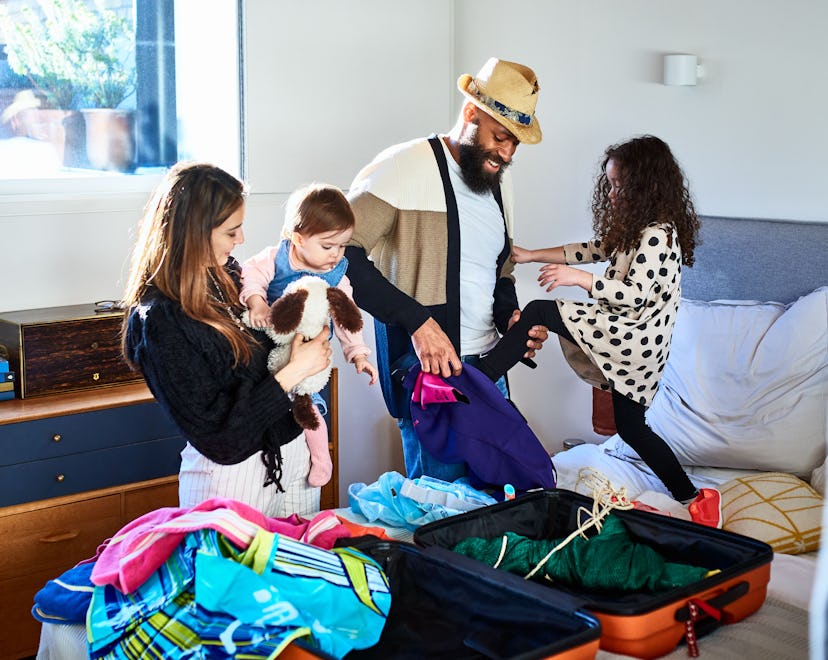Raising Kids

8 Ways Your Kid Benefits From Traveling
Traveling with children isn’t for the faint of heart, but a lot of good can come from it.
by Grace Gallagher
Updated:
Originally Published:
Layland Masuda, Getty images
Whether you must drive a short distance or fly overseas to reach your destination, traveling benefits children of all ages, according to Polina Umylny, Ph.D., child psychologist and assistant director of the Pediatric Behavioral Health Integration Program at Montefiore Medical Group.
NurPhoto/NurPhoto, Getty Images
Travel builds empathy.
"There's evidence that exposure to more than one language supports children’s empathy, or understanding the feelings and thoughts of others — a critical skill for building social connections and navigating social situations in preschool and beyond."